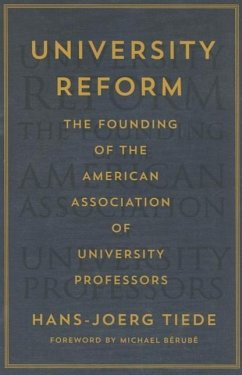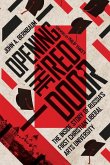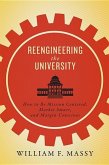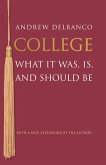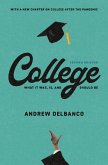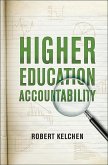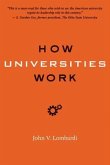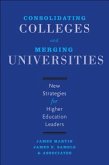"Academic freedom, the intellectual bedrock of American intellectual activities, was not always a shared value, but one that emerged from faculty collective action. This book provides a detailed history of the founding and early activities of the American Association of University Professors set into the broader societal and intellectual circumstances that affected its initial development. Key to the story, of course, is the influential work of Arthur O. Lovejoy at Johns Hopkins and John Dewey at Harvardin establishing this national association and very early professional trade union. The professionalization of the faculty, which accompanied the development of the American research university, identified academic freedom as a central element of professional autonomy. Public debates over academic freedom occurred within the broader debate of the balance of power in the American university. This debate was strongly influenced by the perspectives of the Progressive Era: the goal to democratize university governance was presented frequently in terms similar to the broader goal of democratizing American society. These developments were central to the establishment of the Association, and individual founders of the AAUP played an active part in many of them, inside and outside of academe"--
Hinweis: Dieser Artikel kann nur an eine deutsche Lieferadresse ausgeliefert werden.
Hinweis: Dieser Artikel kann nur an eine deutsche Lieferadresse ausgeliefert werden.

